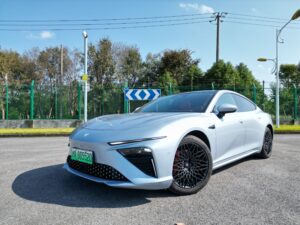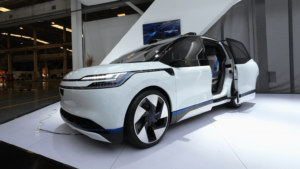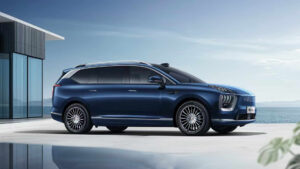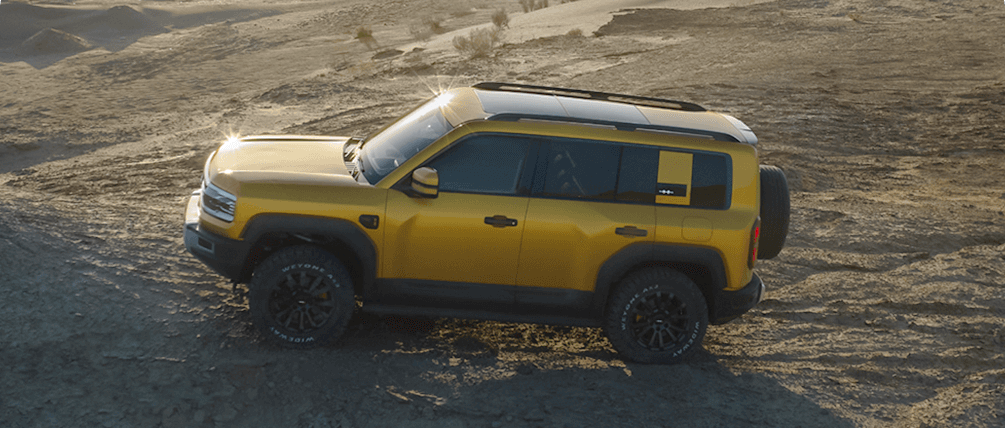
Chinese local media is reporting that Fangchengbao will be the first BYD brand to implement Huawei’s intelligent driving system when the Bao 8 launches later this year.
BYD doesn’t currently have an urban autonomous drive system of its own but such technology is fast becoming a must-have option on high-end Chinese cars, and with access to Huawei’s Qiankun ADS 3.0, widely considered the best on the market in China, Fangchengbao can offer what customers want.
The Bao 8 is only the nascent brand’s second model after the Bao 5 SUV launched last year and is expected to be quite pricey, coming in at around 500,000 RMB in China, meaning it will go head-to-head with models like the Tank 700 from rival Great Wall Motors.
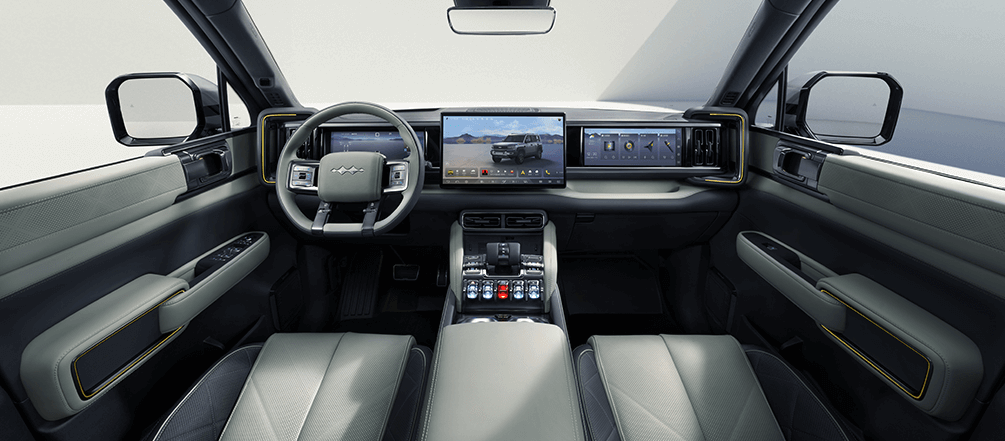
Key to the implementation of the Huawei system is the inclusion of lidar, which the Bao 8 sported on its public debut in April this year. This enables the system to offer autonomous driving in both highway and urban settings and, in our experience, it has by far the greatest coverage and capability of the systems on offer in China right now.
The use of Huawei’s system doesn’t rule out the possibility of other suppliers’ systems also being used on the Bao 8, since BYD doesn’t lock itself to any single supplier, but the Huawei system would be expected to be the flagship option given its superiority in the market.
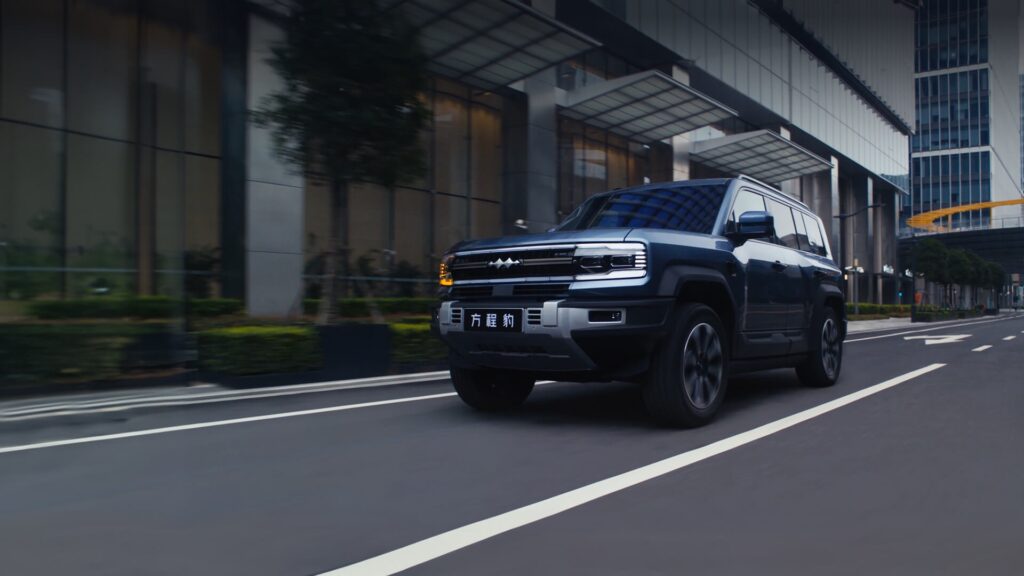
Despite not yet offering an urban smart driving solution of their own, BYD currently employs more than 4,000 R&D staff dedicated to addressing that hole in their armoury, more than rivals Li Auto, Nio, and XPeng who all offer such systems already, and prototype Denza Z9s have been seen testing on roads near Hangzhou.
For now, however, Fangchengbao will be looking to get some momentum back into sales with deliveries of the Bao 5 down more than 40% from December and January highs, and with Bao 8 sales only expected in the fourth quarter of this year, they’ll be hoping the recent 50,000 RMB discounts implemented on July 29th will have the desired effect.

